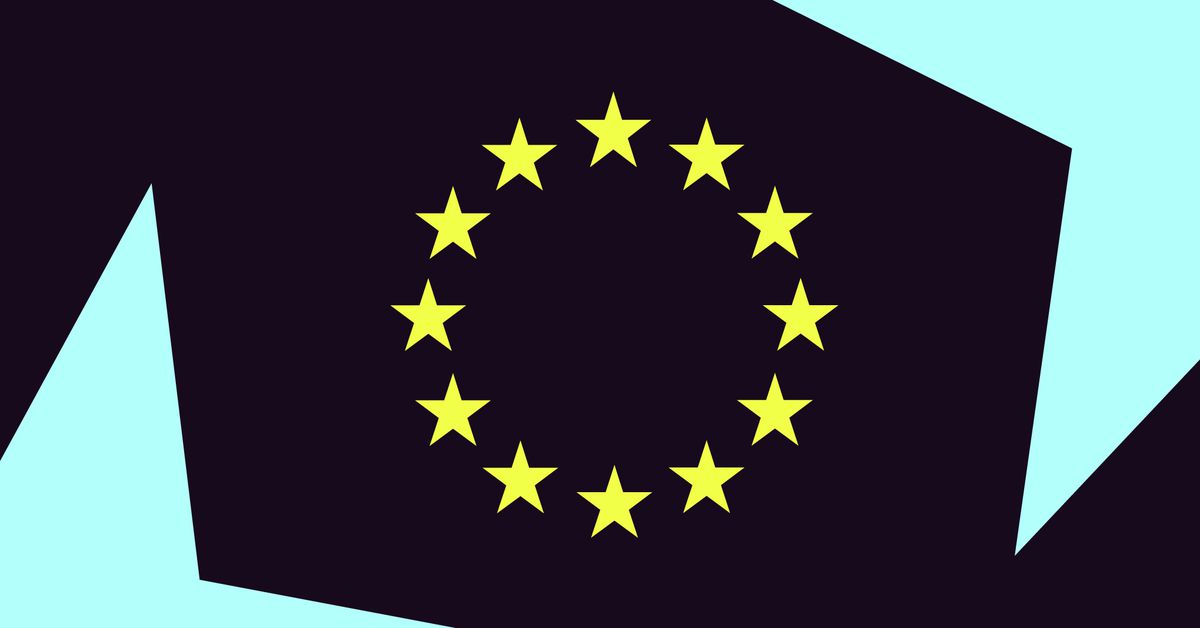The EU’s Consumer Protection Cooperation (CPC) regulators, who began their investigation after complaints from consumer watchdog groups, claim the company uses confusing language to explain how both the paid and “free” versions of Facebook and Instagram work and that its rollout pressured people to make a choice without enough time to consider how it would affect them. They also say that calling the ad-free versions of Facebook and Instagram “free” is misleading since it still requires users to consent to the use of their data for targeted ads.
Didier Reynders, EU Commissioner for Justice, says customers shouldn’t be “lured into” thinking they won’t see ads if they pay the subscription, or that it’s free despite the company profiting from their personal data. Companies must be transparent upfront about how they use user data, he added.
“Subscriptions as an alternative to advertising are a well-established business model across many industries,” Meta spokesperson Matt Pollard told The Verge in an email, “Subscription for no ads follows the direction of the highest court in Europe and we are confident it complies with European regulation.”
This is all I want from companies, give me a choice. “We can mine the fuck out of your data and bombard you with adds or you can pay us $X a month to get the fully customisable user experience you want” and let me decide wether or not I want to pay the money.
Only as long as there is also the third option: having nothing to do with them. With Facebook’s tendrils and tentacles spread across 90% of the Internet, this is not really an option, even if you never ever visit their actual website.
I use NoScript (Unlock can do this too) to block Facebook and Twitter scripts on the internet. I like to think that works but don’t know for sure.
In an ideal world yes, 100% agreed.
Except that’s specifically the approach FB made that’s illegal in the EU.
Privacy is not something to be put behind a paywall, and it’s not a real choice.
I didn’t look too deeply into it, but as I understand it, it is acceptable to make people pay a reasonable price to compensate for losses from lack of targetted advertising. The problem with what facebook did is that the price was completely dispropotionate and obviously meant to make sure most people don’t pay it.
The purpose of the law is that consent is supposed to be given freely - holding privacy ransom is not that.
Besides, Meta is identified as a gatekeeper under DMA, so EU might be even more strict with them.
Anyway, I’m not a lawyer, so don’t quote me on any of this. :)
Ads*

This is the best summary I could come up with:
The European Union says it has notified Meta that its “pay or consent” model for Facebook and Instagram might violate consumer protection laws.
The EU’s Consumer Protection Cooperation (CPC) Network says the company has until September 1st, 2024, to propose changes to its model, which it calls “misleading” and “confusing” for users, or face potential fines.
CPC regulators, who began their investigation after complaints from consumer watchdog groups, claim the company uses confusing language to explain how both the paid and “free” versions of Facebook and Instagram work and that its rollout pressured people to make a choice without enough time to consider how it would affect them.
They also say that calling the ad-free versions of Facebook and Instagram “free” is misleading since it still requires users to consent to the use of their data for targeted ads.
Didier Reynders, EU Commissioner for Justice, says customers shouldn’t be “lured into” thinking they won’t see ads if they pay the subscription, or that it’s free despite the company profiting from their personal data.
“Subscriptions as an alternative to advertising are a well-established business model across many industries,” Meta spokesperson Matt Pollard told The Verge in an email, “Subscription for no ads follows the direction of the highest court in Europe and we are confident it complies with European regulation.”
The original article contains 348 words, the summary contains 219 words. Saved 37%. I’m a bot and I’m open source!



